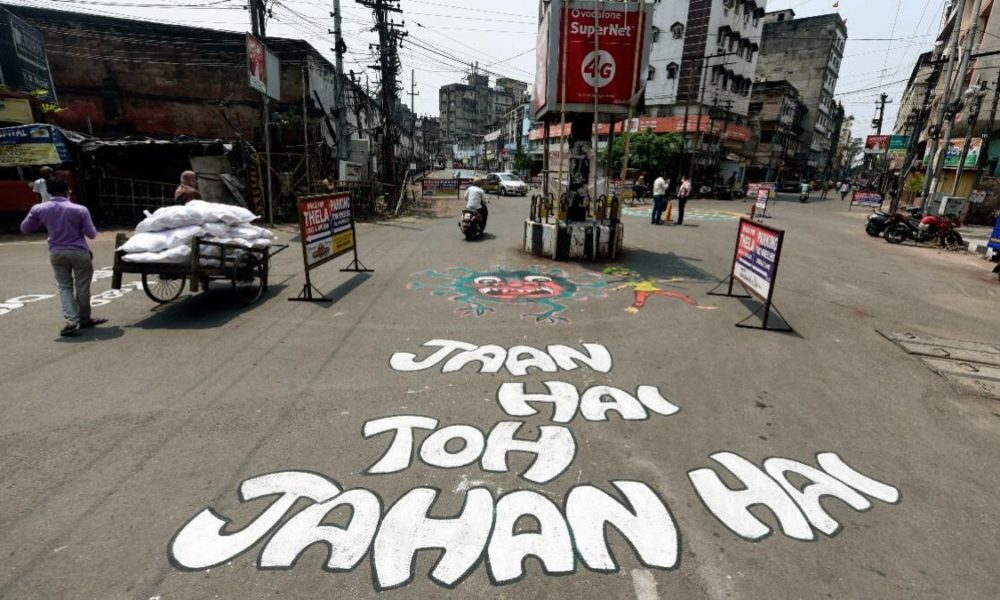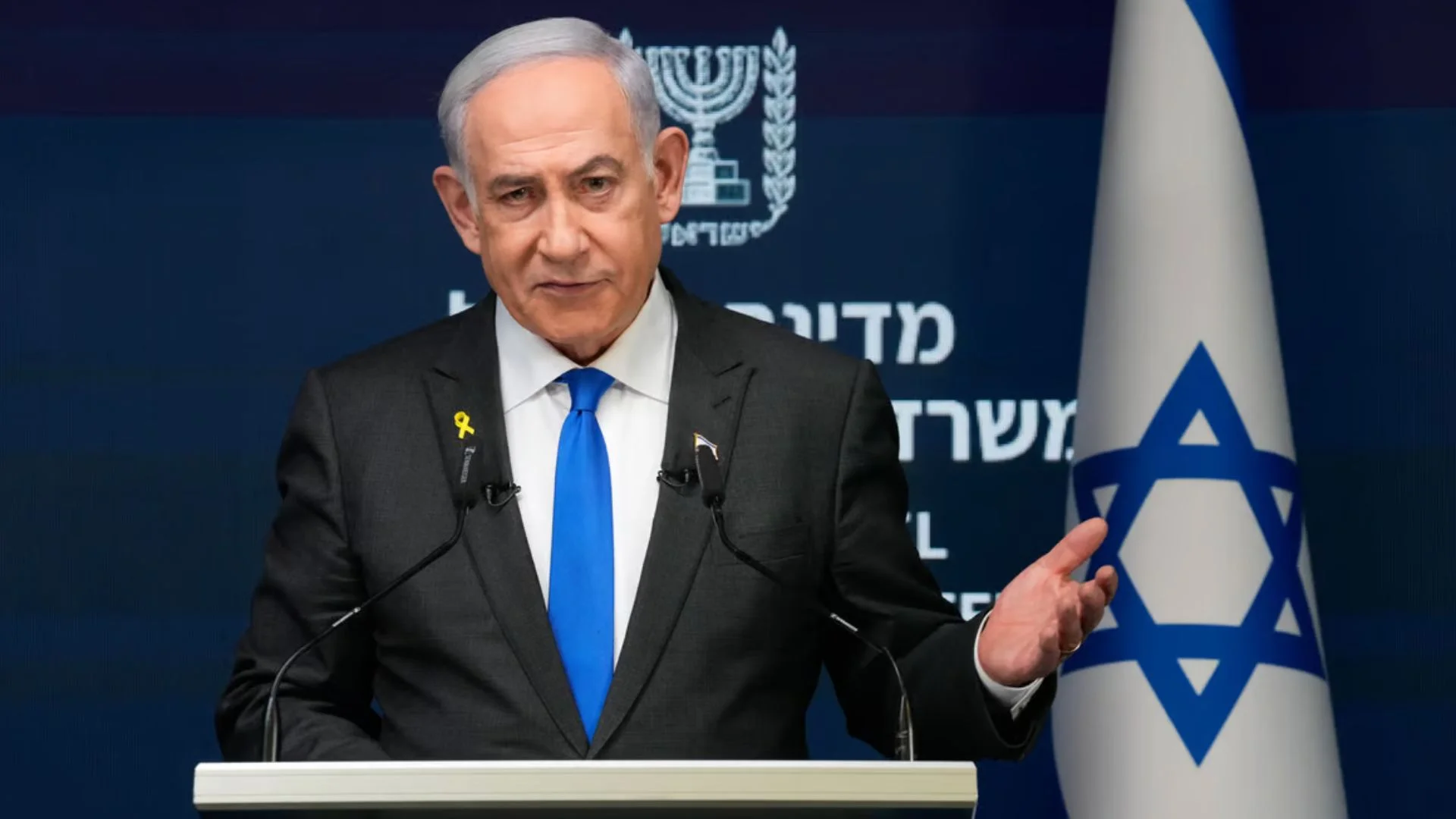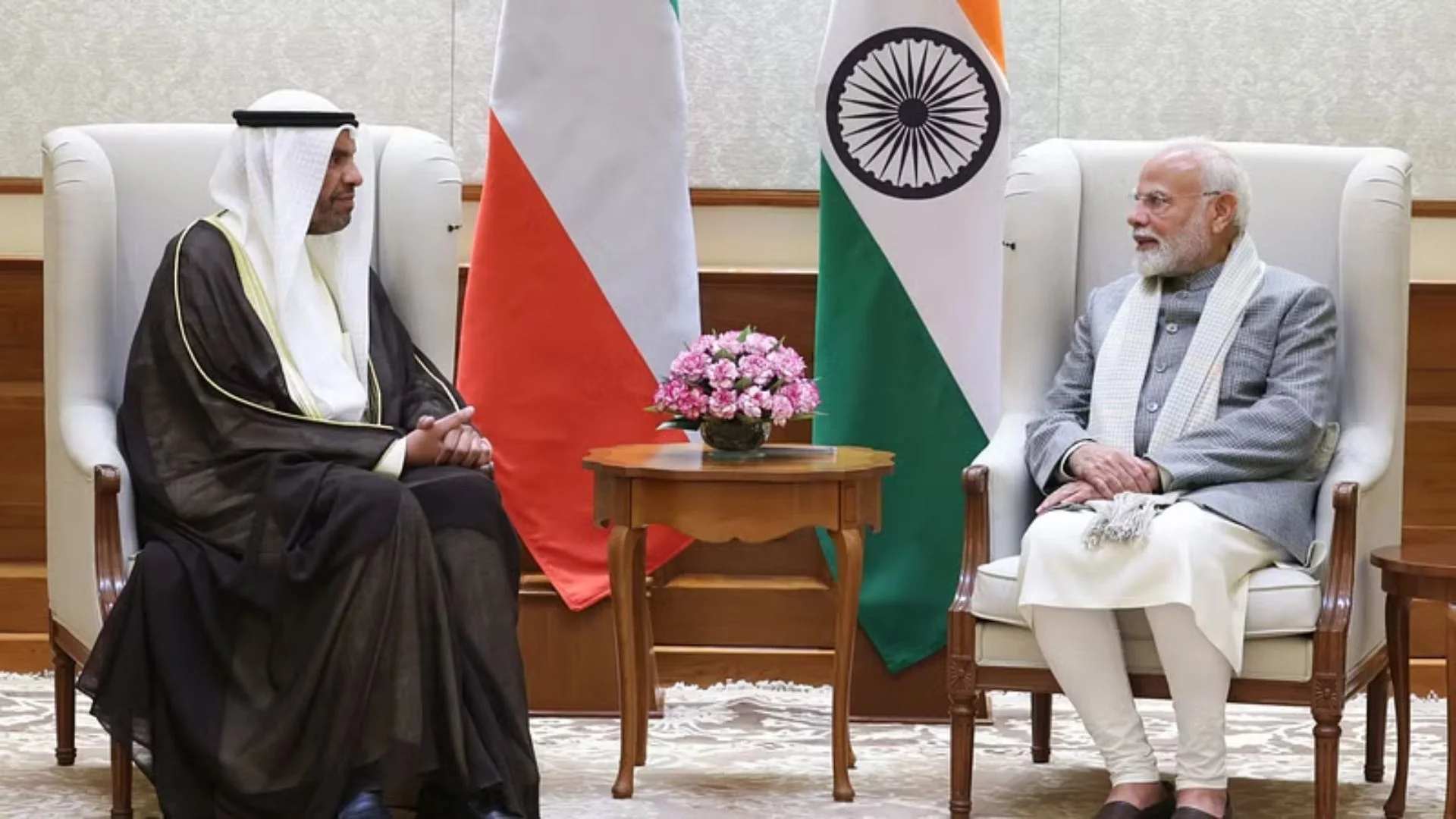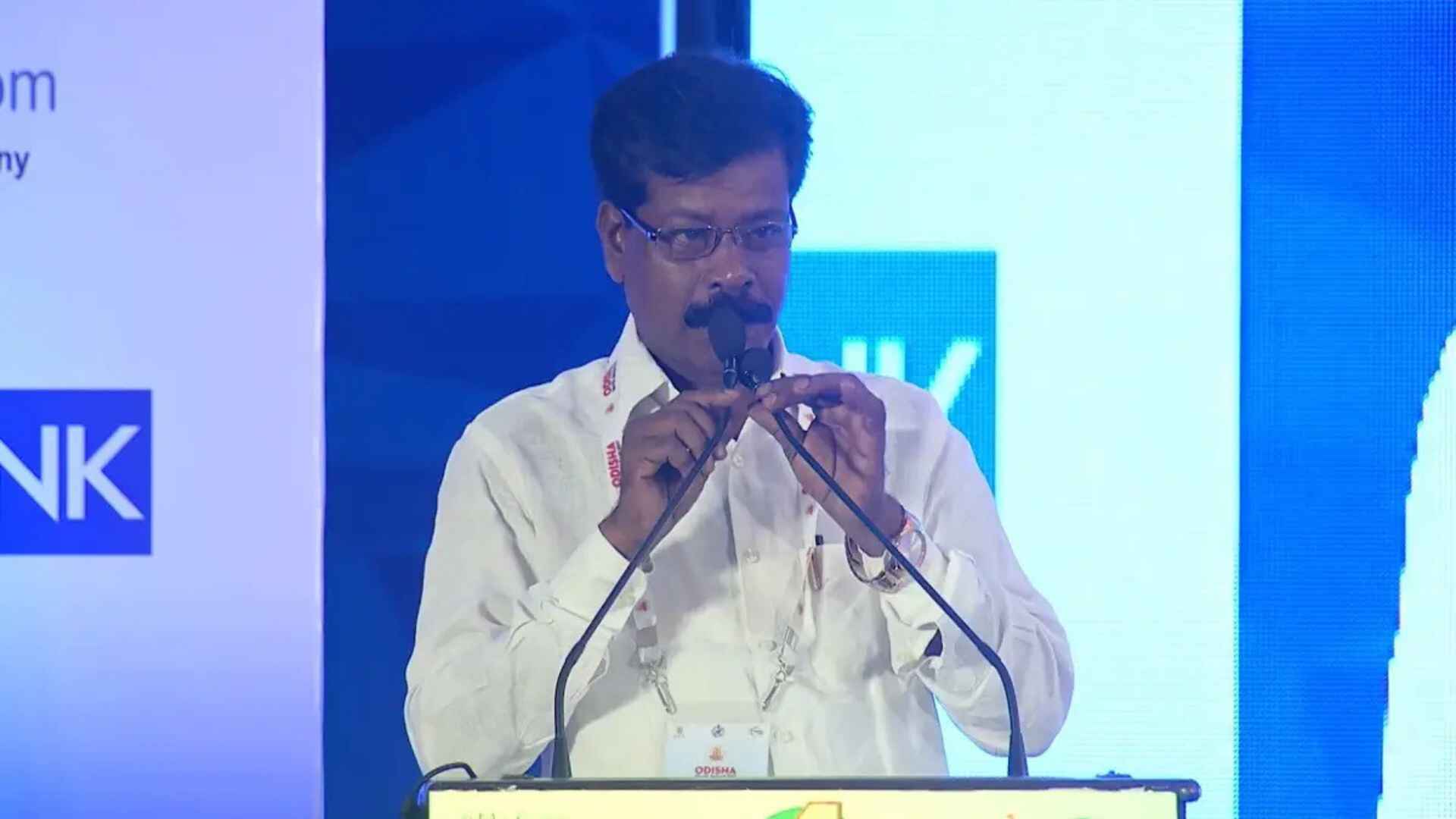One of the most significant takeaways of India’s handling of the Covid-19 pandemic until now has been the way the Centre and the states have worked together in tackling this grave crisis—in fact more often than not, in perfect coordination. The Prime Minister has shown the way on how to rise above party politics and think as Indians as he has taken along with him all the states— even the non Bharatiya Janata Party ruled states.
And it says a lot about the maturity of senior leaders who are at the helm of these states that they have responded to the Prime Minister’s call for unity and action and have followed the Central government’s guidelines. Of course, there have been exceptions, rather, one glaring exception—Mamata Banerjee. The Chief Minister of West Bengal, who faces an Assembly election in less than a year’s time, has been her irrepressible self and has tried to tackle the crisis in her own way—her critics allege this is because she does not want the Central government to take any credit for the handling of the pandemic and also because she has vote bank considerations in mind.
In the process, she has been accused both by her opponents and her people of not only being lax initially but also allowing major violations of Central lockdown rules. But that she is the exception, and not the rule, in a nation as vast and varied as India, says a lot about this country’s and its political leaders’ ability to overcome fissiparous tendencies when faced with a life-threatening calamity.
It is this spirit of unity that should determine the fourth phase of the lockdown as well. After insistence from the states, the Centre has allowed them to fix their containment, red, orange and green zones and more or less permitted them to determine the contours of the lockdown in their respective territories. But as the letter from the Ministry of Home Affairs sent to the states on Monday made it clear, the overall parameters formulated by the Centre must be followed while easing the public out of the lockdown—that restrictions imposed by the MHA cannot be relaxed.
To once again give the example from Bengal, public transport was started in the state during the third phase of the lockdown itself, in complete violation of all Central guidelines. And this is just one example. In fact, the fourth phase of the lockdown will be the real test for the states as public transport gets back on the road and markets reopen.
There is no doubt that states will feel the temptation to open up even more than what is allowed because of commercial and other pressures, at a time when the economy is in dire straits. But whatever they do, they have to do it following the Centre’s guidelines. All temptations to branch out on their own must be resisted. In this fight, India has to stay together as else there is no end to this pandemic.







